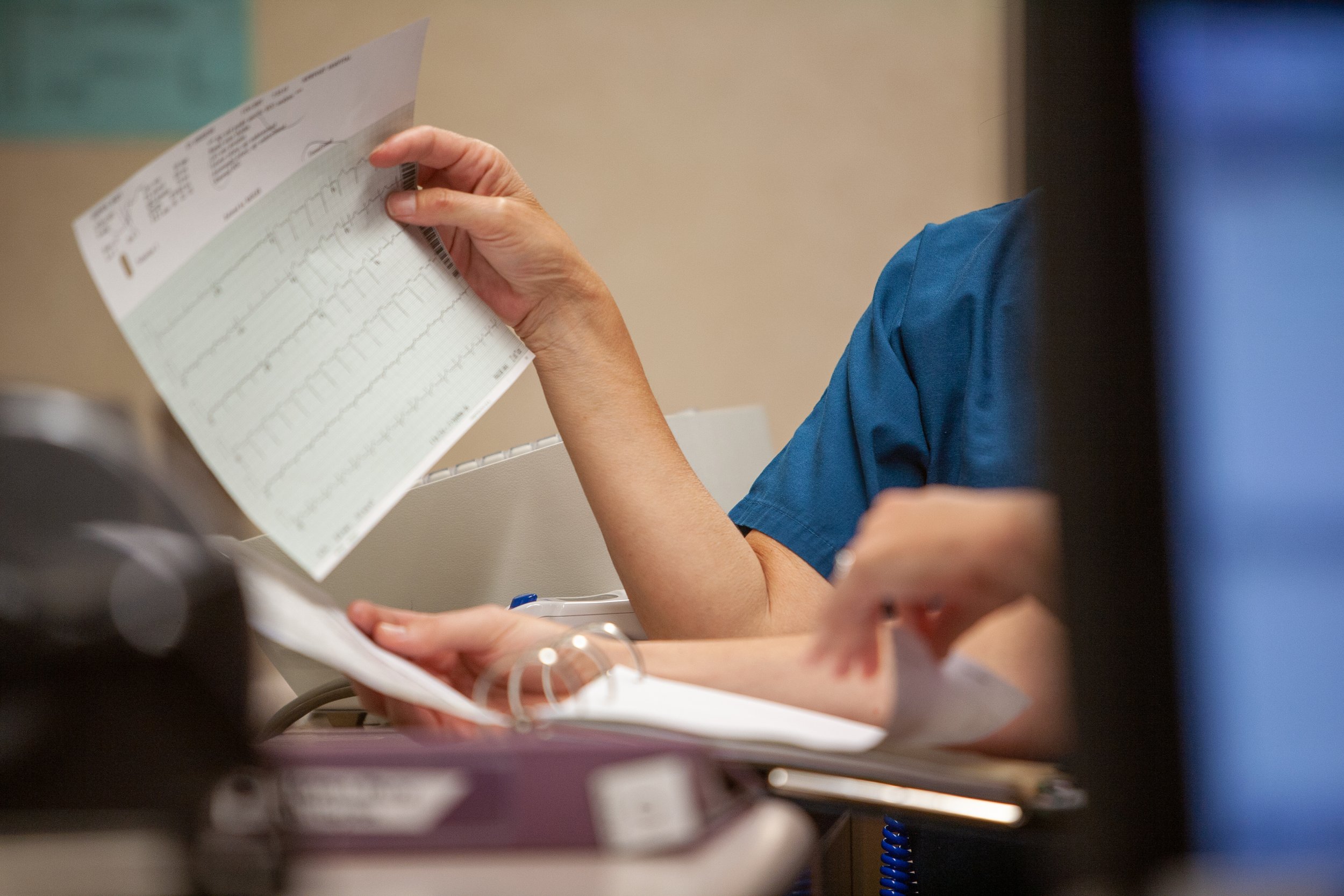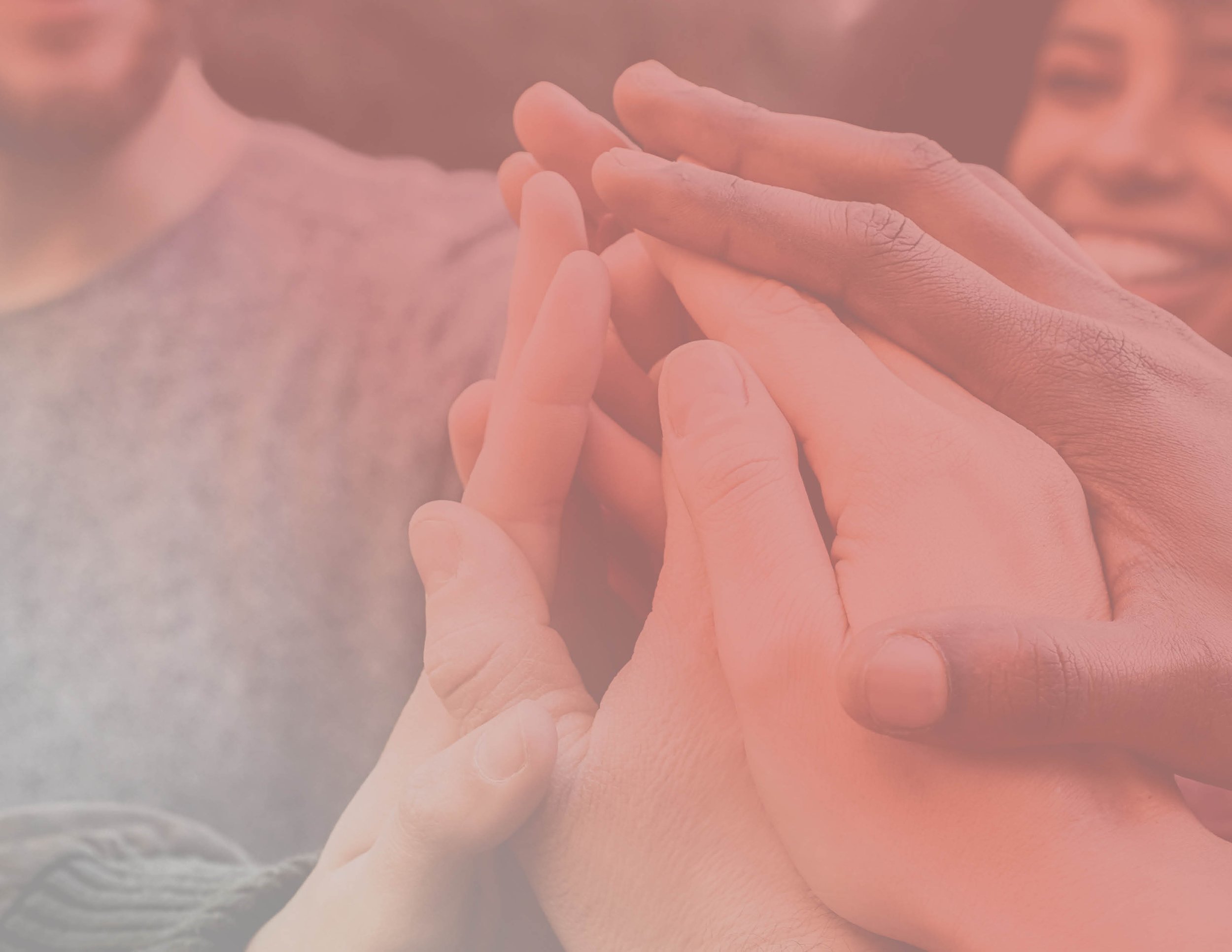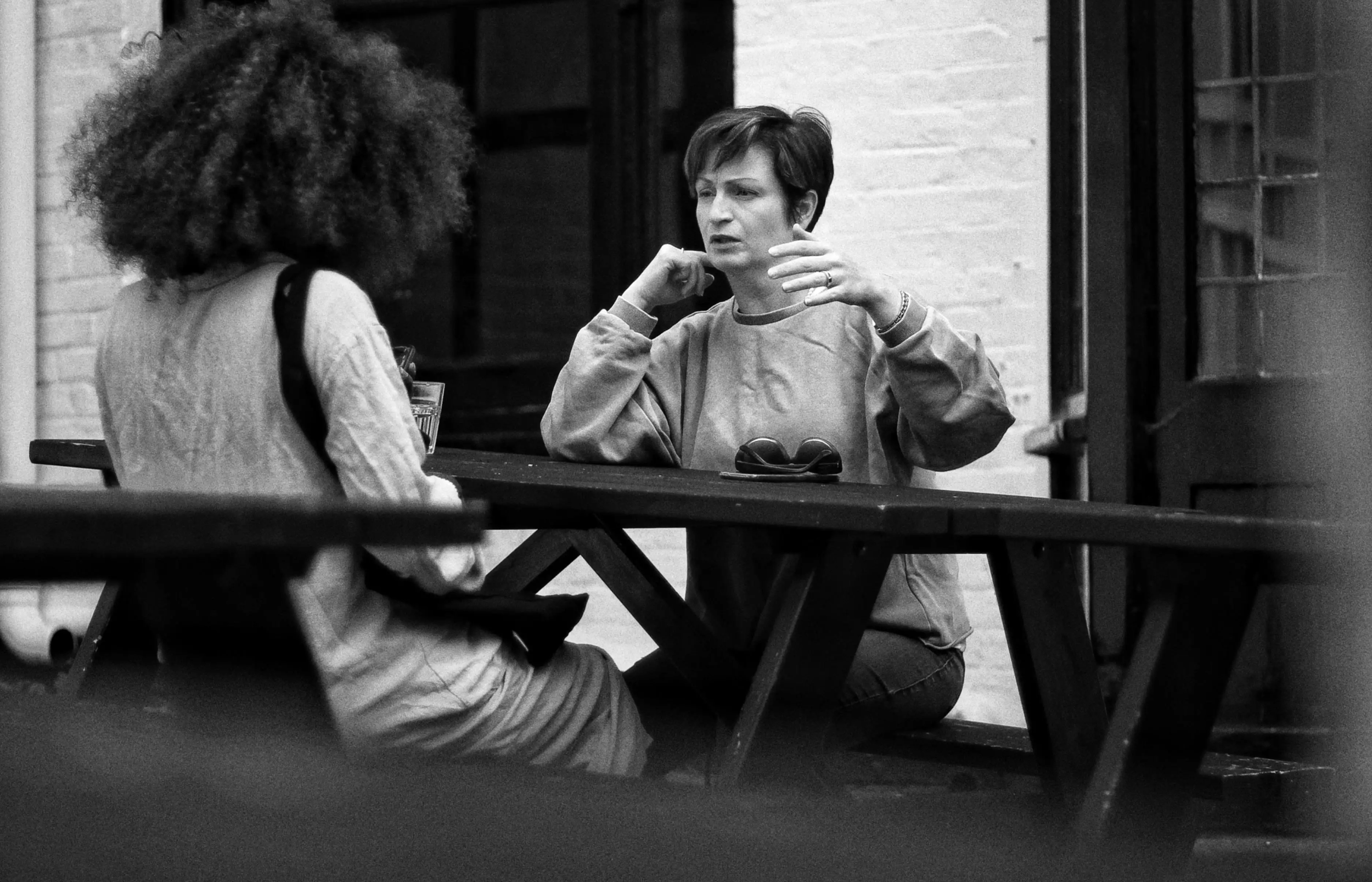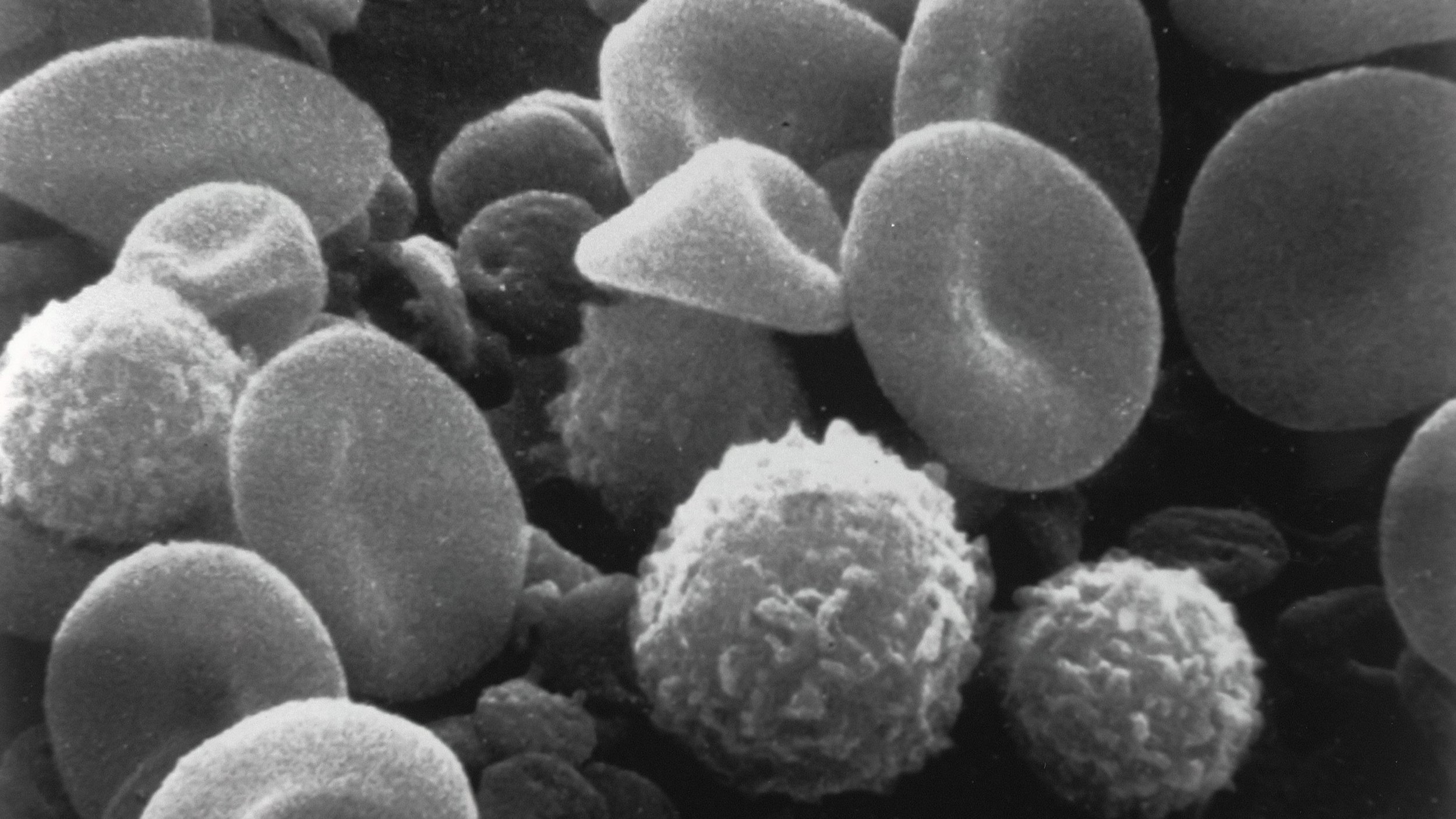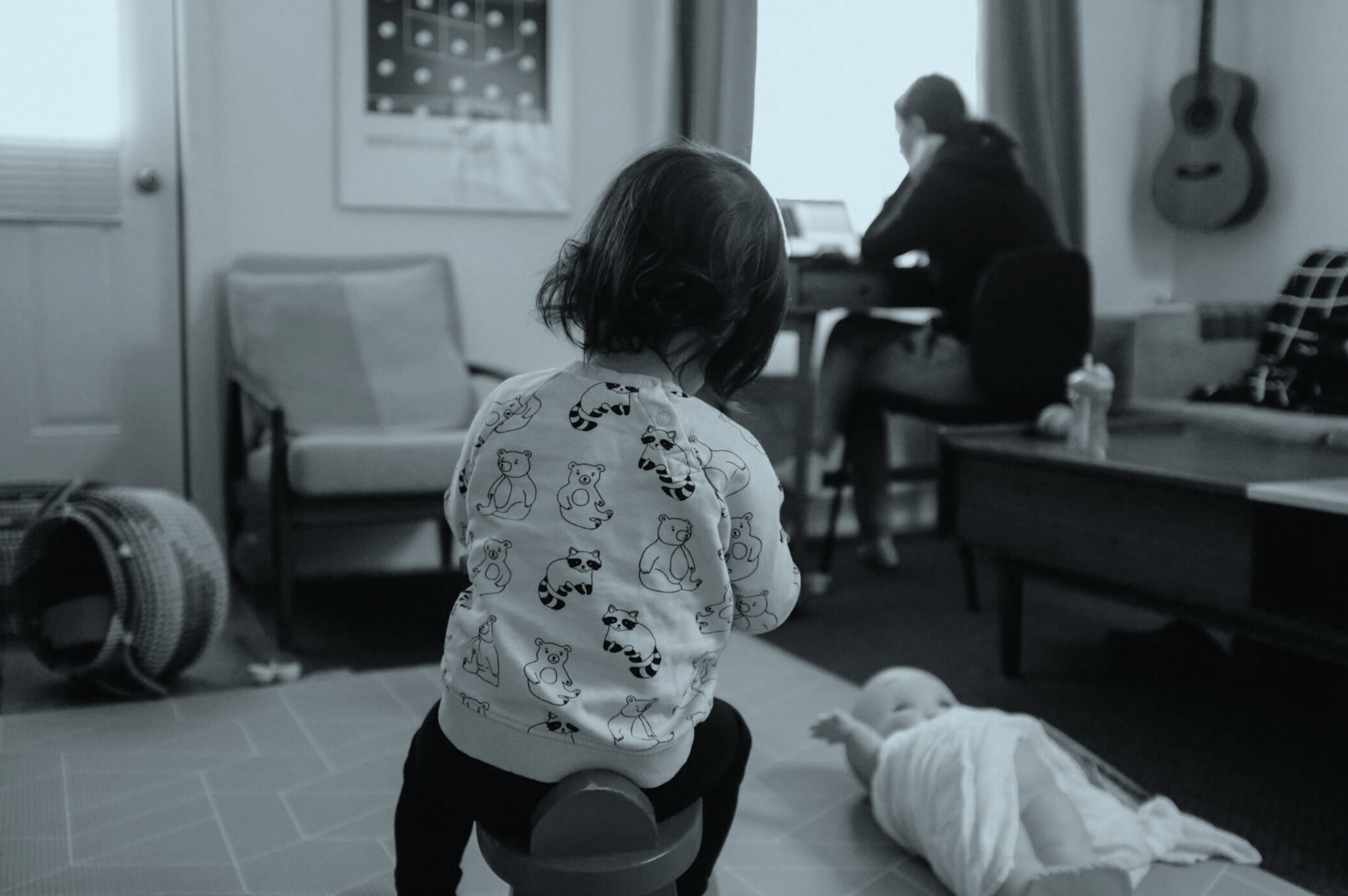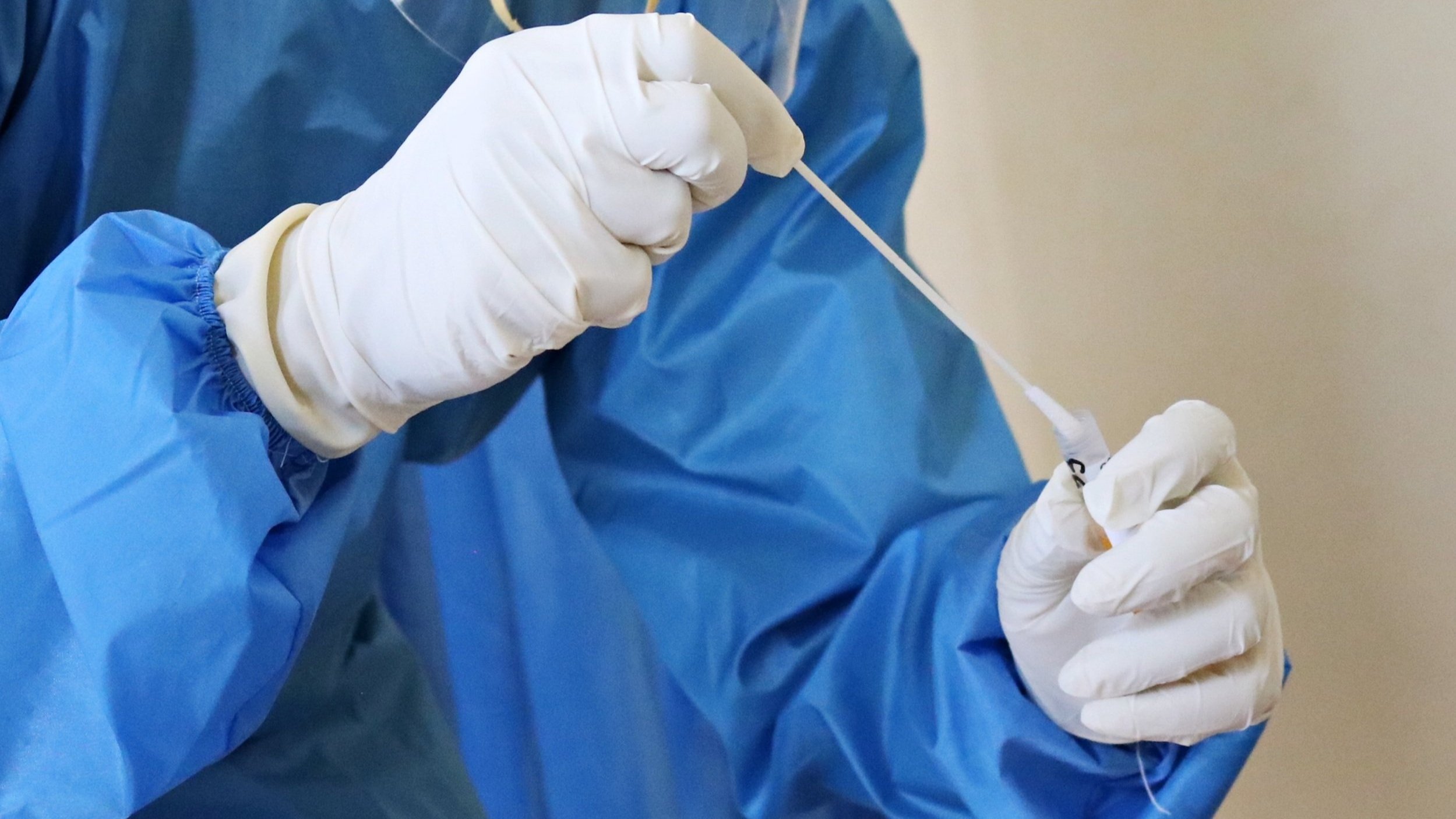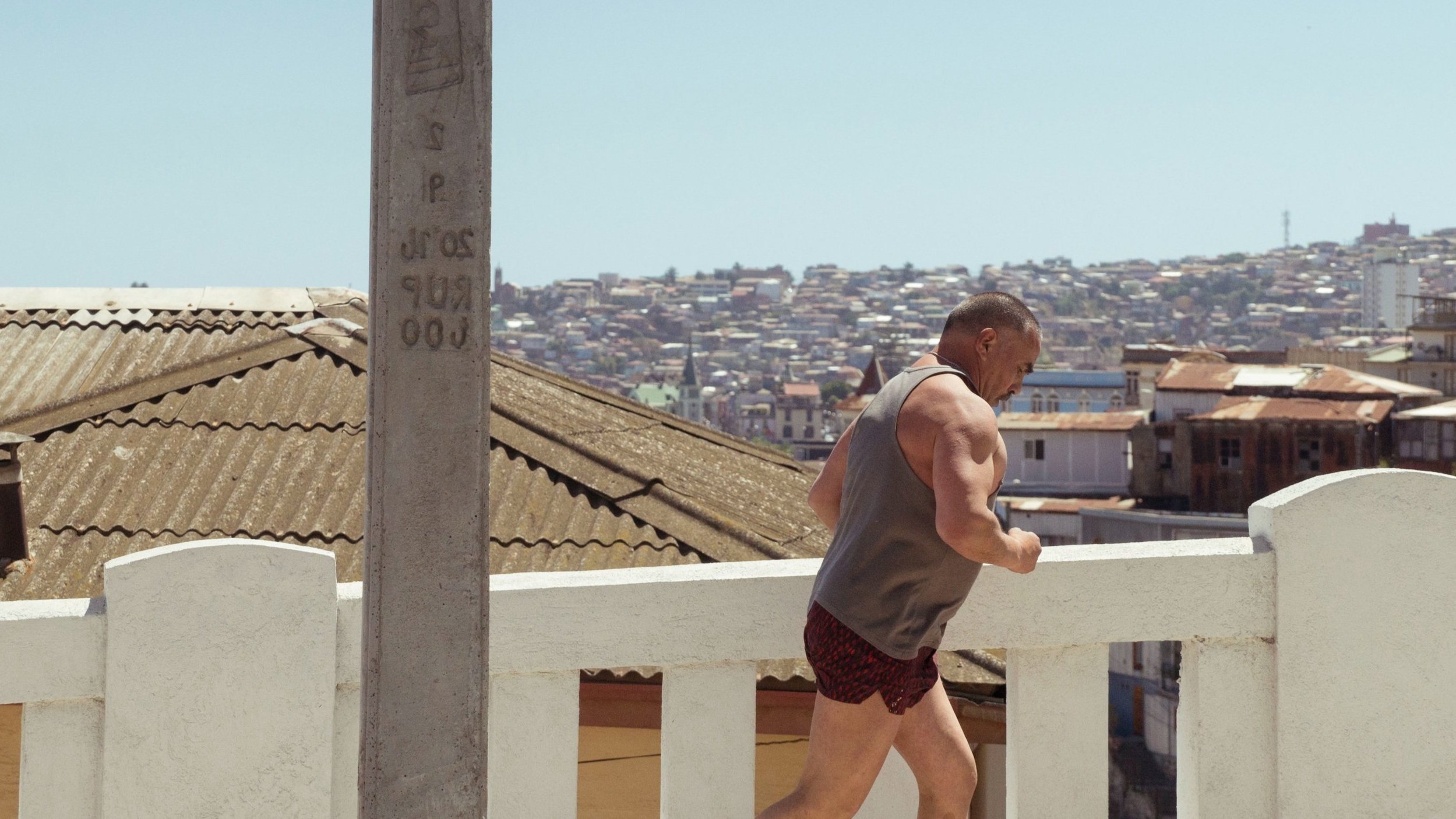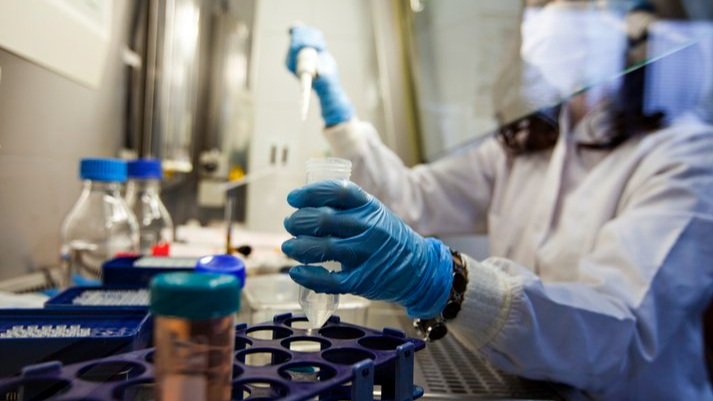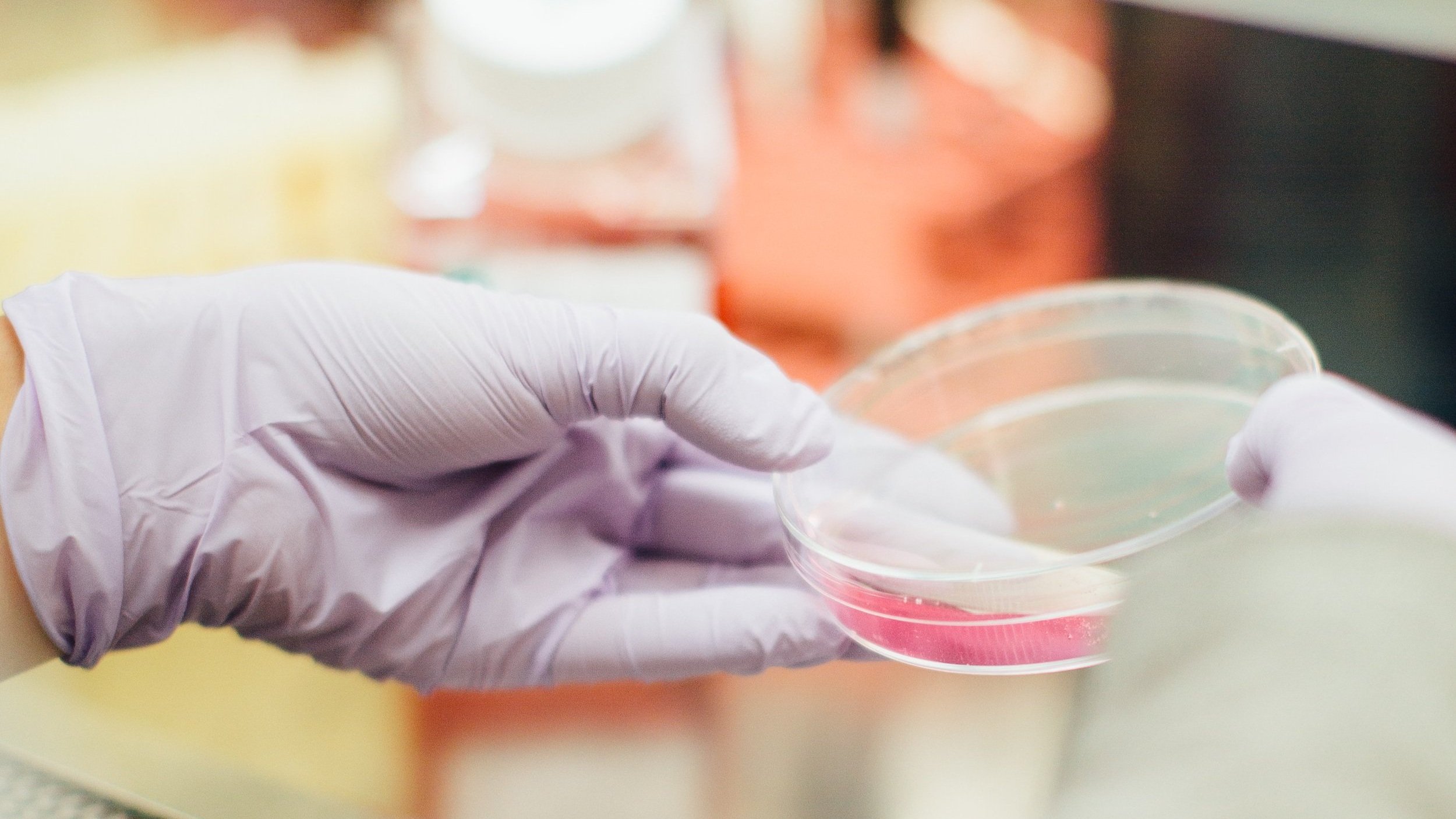Without an understanding of collective memory, companies risk pushing messages that don’t speak to the underlying emotional drivers for prescription and adherence.
ReD’s Ian Dull and Mad Holme outline four challenges – from consumption to production – that will be important to solve to create a sustainable food system.
Healthcare workers are losing a sense of meaning in their work. How did we get here, and what can we do to solve this as the care system finds itself increasingly squeezed?
Millie Arora sits down with Chris Cozic, Executive Vice President & Chief People Officer at Genmab to discuss how to scale and cultivate culture.
How can a more social and cultural understanding of mental health offer better solutions to care?
Zlatko Rihter (CEO at Mölnlyck) speaks to Martin Gronemann about trusting the ethnographic process, embracing a customer-oriented approach, and uniting the worlds of business and social sciences to build strategy.
A conversation between Britt Meelby Jensen, CEO of AMBU A/S & Mads Holme, Managing Partner at ReD Associates.
Camila sentou-se em seu sofá rosa desbotado, desenfaixou a atadura em torno da panturrilha e me mostrou um ferimento roxo, uma parte da pele em crosta e uma parte úmida. Sua filha Cecilia sentou na beirada de uma cadeira no canto, completando os vazios na história:
A ReD alum discusses how her fieldwork at ReD prepared her for her current role at a genomics company.
A conversation with the CEO of Karo on how he made his healthcare company more human-centric.
With covid-19 lockdowns, more Americans feel they have more agency over, and less structure to their time; they are reluctant to return to old routines. This is leading to key shifts in meaning and practice that more companies need to tap into to succeed in a post-pandemic world.
This new phase of the pandemic is characterized by cautious optimism coupled with extreme volatility and imperfect information. In this context, business leaders are under pressure to make quick decisions that will have major implications for their businesses in the coming years.
The COVID-19 pandemic has the potential to rip the band-aid off dysfunctional healthcare systems.
Building contextually informed algorithms requires collaboration between human science and data science teams who are willing to extend their frame of reference beyond their core skill areas.
Clients have come to us asking for clues to the ‘next normal,’ and for ReD’s take on the social shifts that are most relevant to business. Like all our projects, we are taking a beginner’s mind in our response. As we embark on an exploratory study of social change, the questions raised in this letter are a sample of our working field guide.
In this groundbreaking study of cancer patients treated with immunotherapy for stage IV cancer, ReD has illuminated the particular state of patients who survive longer than their initial prognosis. These patients are able to achieve a state of normalcy, despite having a terminal condition.
A ReD research project with leading HIV-dedicated healthcare company, ViiV, helped identify opportunities for lifesaving care and prevention.
ReD worked with Cognizant, taking an outside-in perspective to study the phenomenon of healing.
More life sciences companies should build their R&D on the unmet needs of patients in real world contexts.
An interview with Kristian Villumsen, a SVP at Coloplast, on how ReD helped the healthcare company innovate.
Pharmaceutical companies should take a closer look at how they create value. In a world of value-based health care, the answer goes beyond developing a new drug.
As medical understanding around body weight and related medical problems has increased, obesity has become a healthcare concern as well as an aesthetic one.
To understand and diagnose an illness requires acknowledging the ecology in which it takes place and collecting multiple perspectives.
Understanding cultural differences is good for drug companies’ top lines, and also for pushing the boundaries of medical science.
With the new reality of pharmaceutical R&D, companies must deliver impact and value. This paper explores how ethnographic research can fill that role in early stages of pharmaceutical clinical trials.
How understanding the social, psychological, and emotional experience of psoriasis is fueling the pharmaceutical industry.
ReD facilitated Coloplast’s transition to compliance with a more micro-level approach to innovation.
ReD conducted Novo Nordisk’s first study around the emotional experience of patients living with diabetes.
ReD helped Coloplast understand a key insight about its users: that not all bodies are shaped the same.



